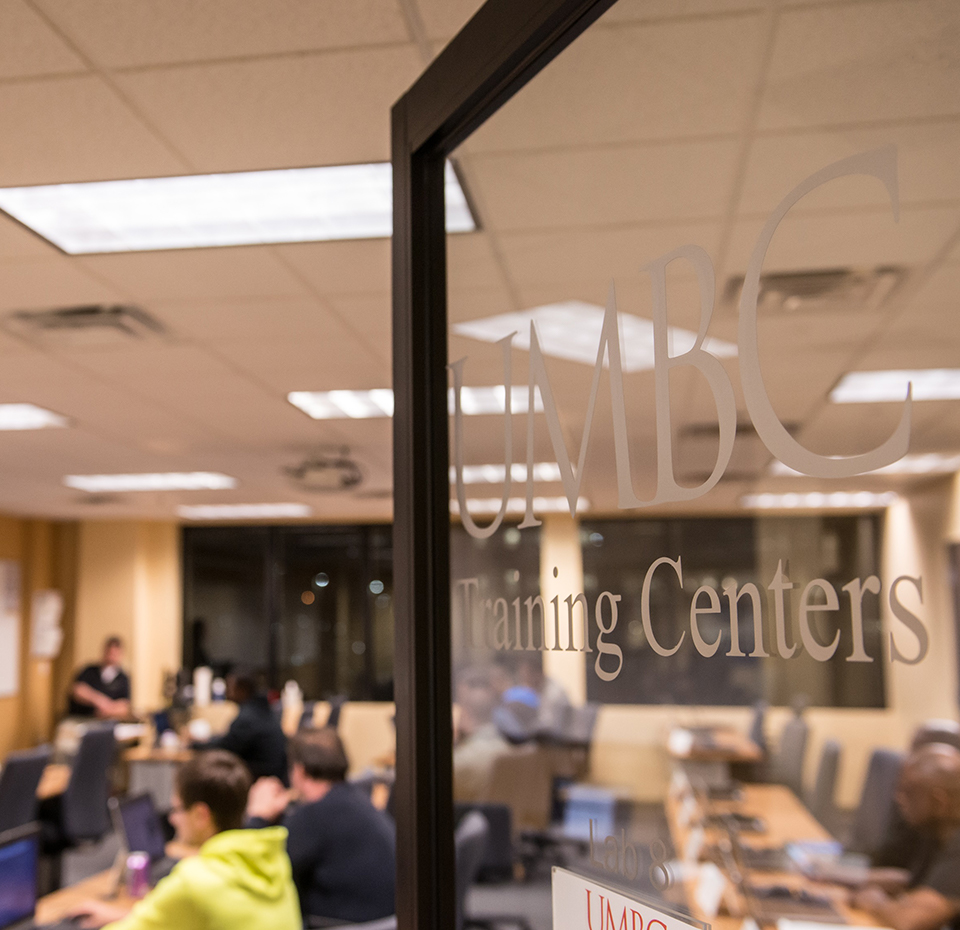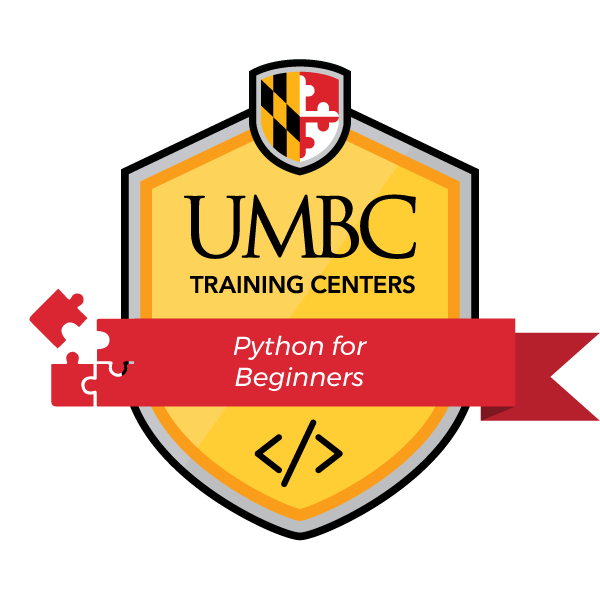A Simple Guide To Finding a Job You Love
The American mantra has long been to earn a degree, land a job in that field and then climb the ladder to attain a level of socially perceived success. However, this process leaves many people with a sense of unfulfillment at some point in his/her career for reasons such as:
- The perceived vision of the field you had in college may not be fully aligned to the reality of it.
- Personal life changes, such as marriage, kids or caring for sick or elderly relatives, may not mesh with the demands or schedule of the job.
- Financially, your career may not support the lifestyle you want.
- As you grow, your passions and the things that provide meaning in your work evolve and you may no longer find them in your current role.
No matter the reason, if you know you are unfulfilled in your current role the only way to combat it is to make a change. This could mean a change in organizations or even a career change and we will show you how to make both of these changes in the guide below.
1. Find Out What You Love
You hate your job, but why do you hate it? This is an important first step to making a career change because you need to dig down to the core what you want out of life to really understand what work you may find fulfilling.
You may say you hate the hours you work but the real reason could be that it interferes with spending time with friends or family. Understanding the why is so important. Here is an example, you may make a change from retail sales to corporate sales but the position may require extensive travel during the week. You changed the environment of your work but did the change truly help you get the time back with friends and family? Probably not. Finding your why may show you that you need to make a bigger change than just moving to a new company to truly meet your personal goals.
Common Reasons Why People Make A Career Change
Here are some of the core reasons why people make a drastic shift in their careers:
- To spend more time with family or friends
- To pursue passions or hobbies
- To challenge and hone your skills
- To align with your morals and values
Whatever your reason, make sure to keep it at the heart of everything you do in the following steps because it is your true motive that will help you make a career change you love.
Think IT May Be The Path For You?
IT roles often provide great job flexibility and competitive pay. As such, this industry can often support any number of reasons why you may want to make a move.

Learn More About Breaking Into IT With UMBC’s Free Webinar Series
2. Research Your Opportunities
Let the Googling begin. Once you know why you want to change careers, start searching for the roles that may be best suited for you. Here are some sample search phrases to get you started:
- Top Jobs That Provide Flexibility
- Top Jobs That Are Remote
- Top Jobs That Pay Well
- Top Jobs That Support The Environment
- Top Jobs That Support The Homeless
- Top Jobs For Creative Minds
Whether you are looking for an opportunity that supports your lifestyle or a cause that is dear to you, there are plenty of jobs that can align and sometimes in not so obvious ways.
As you are searching, keep a list of all of the careers that appeal to you on a surface level. Don’t overthink or research them at this point, just collect the job titles. For instance, penguin photographer may sound like so much fun to you so write it down without trying to map out the logistics of how you would become one.
The next step is to dive deeper into your options through career exploration and start whittling down your list. Career exploration incorporates the following steps:
- Research your career options. Learn everything you can online or through books about the careers on your list. Research findings that keep you engaged and excited about the path ahead is definitely a good sign but don’t discount any job areas that only seem mildly exciting at this point either.
- Talk to people in the field. Search your network to find people that are already in the career field and respectfully ask to set up a time to chat about the field as you are interested in potentially pursuing this type of work. Use the interview time to ask questions about their role, what education or skills are required to break into the field, what they love and don’t love about their work, and what advice they have for someone like you who is just starting out. Try to set up several interviews per career choice and make sure the interviewees are from a variety of organizations as this will give you multiple perspectives to learn from. Similarly to the research step, if you are excited about what you hear especially the challenges then it is a good sign this is the field for you.
- Shadow a person in the field for a day. After you have researched and interviewed people in the fields on your list, take some time to discern which options are best suited for your skills and goals. Then try to find people who will let you shadow them for a day. Shadowing someone allows you to see their day from your perspective and provides more clarity then simply asking them what they did that day. For instance, you may shadow someone and during the day that person was thrown mountains of issues to solve. He/she may recall the day with excitement because of the challenges and talk passionately about how each was overcome, but your witness of it may describe a scene of total chaos and curve balls that left you stressed and overwhelmed. Relying on someone who loves (or who hates) their job to tell you about it will inevitably lead to a conversation filled with positive (or negative) passion, but seeing it for yourself can often paint a totally different picture.
3. Learn About The Skills Of The Role
If you are making a complete shift in your career, there is likely a need to supplement your existing knowledge. Use the information you gathered in Step 2 to compile a list of the skills you need for this career. Then search for how you can gain this knowledge. Some simpler skills can be gained quickly through various learning subscription sites such as:
More complex skills, may still be self-taught through the sites above but doing so may take longer to hone the ability. Other options are certification, certificate or degree programs that leverage instructor-led training at varying course lengths to develop a student’s expertise in a particular area.
While comprising your list, take into account your budget and time available to devote to your skills development.

UMBC Training Centers offers both certification and certificate programs while UMBC University offers degree seeking programs. Certificate programs tend to be best suited for career changers as they focus on the specific skills of the field. Such programs exist for the following career areas:
- Software Development Certificate
- Certified Cyber Analyst Program
- Agile/Traditional Project Management
- Diagnostic Medical Sonography
4. Create Your Plan and Find Accountability
By this point you should know:
- Why you want to change careers
- What career you want
- How you can develop the skills you need to get there
The final step, then, is to create your plan to get there. Your plan should be a mix of developing the skills you need to break into this new field and building your network of people in the field to help you actually get the job.
When creating your educational timeline be realistic with how much time and money you have to contribute to the programs you choose. You may want to go full-time to make the shift as soon as possible but if you have to continue to work while you are enrolled in a program and you have a family that needs your attention then is it really realistic or will you burn yourself out before you even go on your first interview?
While you are developing your education plan, now is also a great time to find a mentor. Reach out to someone you interviewed in Step 2 and ask if he/she will mentor you. Keep in mind, the person you choose as a mentor should be someone that you are able to engage with easily and is already in the role you aspire to. You should consistently meet with your mentor to review your plans, progress and discuss any points of frustration. This person is meant to coach you through the transition period and hold you accountable to doing the work. When you are making a career change out of choice, not necessity, it is easy to convince yourself that your current role is not that bad and suffer through it when the path to get out feels like an uphill battle.
Now You Are Ready To Find Your Dream Job
After completing these steps, you should be well on your way to finding a job that is fulfilling to you and your current stage of life. As you can imagine, the motivating factors for your work will constantly evolve and it is completely acceptable to change your jobs with them. If you are consistently staying in tune with your motivations for work then you will know how to navigate the organizations or careers you are in to consistently find the work that supports you and your happiness and at every stage of life.
Have Your Considered A Career As A Software Developer?

Join us for a free information session on our Career Transition Programs!
Held bi-weekly, our team will present an overview of our various career change programs: the Certificate in Cyber Foundations, Project Management Fundamentals, and Python for Beginners.
